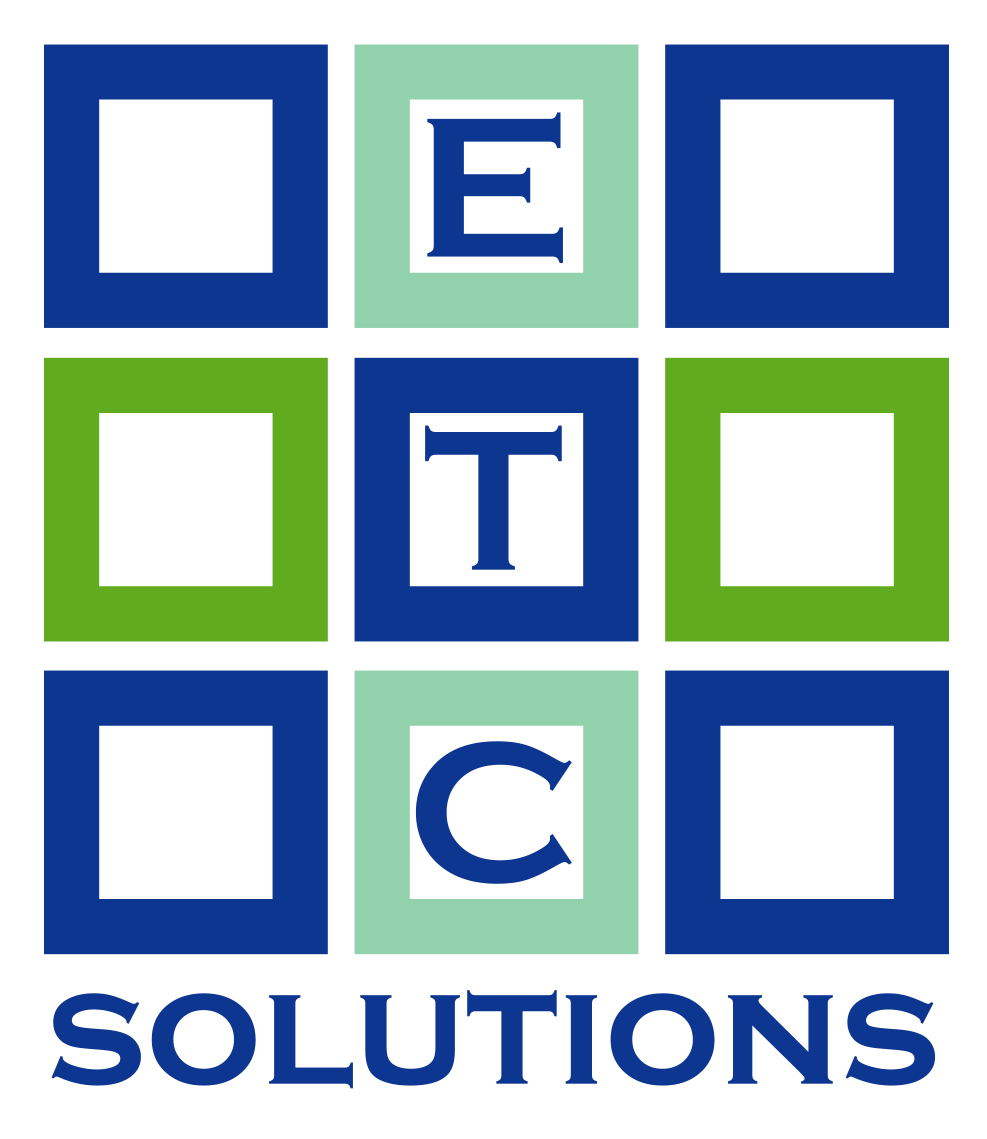
The Essential Role of Central Banks in Protecting Customers
The Essential Role of Central Banks in Protecting Customers
Introduction :
This course is specially introduced to you by the International Academy for Human Resource Development (IAHRD). This course is one of the most extraordinary courses which discusses many interesting topics such as the organisation's issues, policy and direction, credit control and debit collection as well as the debater types, attitudes and ..
The Essential Role of Central Banks in Protecting Customers
Introduction :
This course is specially introduced to you by the International Academy for Human Resource Development (IAHRD). This course is one of the most extraordinary courses which discusses many interesting topics such as the organisation's issues, policy and direction, credit control and debit collection as well as the debater types, attitudes and many other topics that will be perfect for you to level up with your career or even plan for future career. We will be there for you step by step till satisfaction!
Objectives:
After finishing the course, participants will be able to:
- Form minimum criteria for customer complaints mechanism.
- Fully understand the importance of compliance to regulations governing complaints mechanism.
- Evaluate the compliance to regulations governing customer complaints mechanism.
- Participate in encouraging banks on increasing the customer's awareness and educating them regarding financial product literacy.
- Have crystal-clear insights on credit control & debt collection and their functions.
- Earn a clear overview inthe proper business activities in credit control and debt collection.
- Become more aware and to look at the big picture in which you and the other departments should cooperate together in the activities of credit control and debt collection.
- Observe current behaviors to improve them after understanding the leading behaviors to effective credit controlling.
- Improve performance after gaining powerful techniques and practices.
- Apply knowledge , attitudes and skills learnt in the program to the working environment in order to maintain and prolongthe firm's life-cycle .
Contents:
Module 1:
- Establishing minimum criteria for customer complaints mechanism.
- Monitoring and evaluating the compliance to regulations governing customer complaints mechanism.
- Drafting of regulations on transparency of product information.
- The drafting of minimum standards for transparency of banking product information.
- Monitor and evaluate the implementation of regulations governing.
- Educating customers regarding financial products.
Module 2:
- Goal of credit control & debt collection.
- Organization issues.
- Policy & direction.
- Cooperation between departments.
- Key tasks for people in credit control & debt collection.
Module 3:
- A checklist on your systems.
- Documentation & controls.
- Information issues.
Module 4:
- Your motivation.
- Your systematic 5 step approach.
- Your communication skills.
- How to use questions.
- The good collector.
Module 5:
- Debtor types.
- Debtor attitudes.
- The debtors state of mind.
- When all else fails - The legal process.
Module 6:
- What will you do or change?
- Course assessment
Who should attend?
- Credit controllers who are responsible for the money borrowed or owed to the organization who are looking for improving their skills.
- Debit collectors who are responsible for accounts tracking and action planning for different payments recovery.
- Graduates and undergraduates who need to expand their practical knowledge not just the theoretical one.
- Individuals whowant to recover and improve their knowledge to increase their motivation and self-esteem.
times [ Istanbul ]
| from | to | price $ | venue | actions |
|---|---|---|---|---|
| 2025-03-02 | 2025-3-6 | 3,750 | Istanbul | join enquire |
| 2025-03-09 | 2025-3-13 | 3,750 | Istanbul | join enquire |
| 2025-03-16 | 2025-3-20 | 3,750 | Istanbul | join enquire |
| 2025-03-23 | 2025-3-27 | 3,750 | Istanbul | join enquire |
| 2025-03-30 | 2025-4-3 | 3,750 | Istanbul | join enquire |
| 2025-04-06 | 2025-4-10 | 3,750 | Istanbul | join enquire |
| 2025-04-13 | 2025-4-17 | 3,750 | Istanbul | join enquire |
| 2025-04-20 | 2025-4-24 | 3,750 | Istanbul | join enquire |
| 2025-04-27 | 2025-5-1 | 3,750 | Istanbul | join enquire |
| 2025-05-04 | 2025-5-8 | 3,750 | Istanbul | join enquire |
| 2025-05-11 | 2025-5-15 | 3,750 | Istanbul | join enquire |
| 2025-05-18 | 2025-5-22 | 3,750 | Istanbul | join enquire |
| 2025-05-25 | 2025-5-29 | 3,750 | Istanbul | join enquire |
| 2025-06-01 | 2025-6-5 | 3,750 | Istanbul | join enquire |
| 2025-06-08 | 2025-6-12 | 3,750 | Istanbul | join enquire |
| 2025-06-15 | 2025-6-19 | 3,750 | Istanbul | join enquire |
| 2025-06-22 | 2025-6-26 | 3,750 | Istanbul | join enquire |
| 2025-06-29 | 2025-7-3 | 3,750 | Istanbul | join enquire |
| 2025-07-06 | 2025-7-10 | 3,750 | Istanbul | join enquire |
| 2025-07-13 | 2025-7-17 | 3,750 | Istanbul | join enquire |
| 2025-07-20 | 2025-7-24 | 3,750 | Istanbul | join enquire |
| 2025-07-27 | 2025-7-31 | 3,750 | Istanbul | join enquire |
| 2025-08-03 | 2025-8-7 | 3,750 | Istanbul | join enquire |
| 2025-08-10 | 2025-8-14 | 3,750 | Istanbul | join enquire |
| 2025-08-17 | 2025-8-21 | 3,750 | Istanbul | join enquire |
| 2025-08-24 | 2025-8-28 | 3,750 | Istanbul | join enquire |
| 2025-08-31 | 2025-9-4 | 3,750 | Istanbul | join enquire |
| 2025-09-07 | 2025-9-11 | 3,750 | Istanbul | join enquire |
| 2025-09-14 | 2025-9-18 | 3,750 | Istanbul | join enquire |
| 2025-09-21 | 2025-9-25 | 3,750 | Istanbul | join enquire |
| 2025-09-28 | 2025-10-2 | 3,750 | Istanbul | join enquire |
| 2025-10-05 | 2025-10-9 | 3,750 | Istanbul | join enquire |
| 2025-10-12 | 2025-10-16 | 3,750 | Istanbul | join enquire |
| 2025-10-19 | 2025-10-23 | 3,750 | Istanbul | join enquire |
| 2025-10-26 | 2025-10-30 | 3,750 | Istanbul | join enquire |
| 2025-11-02 | 2025-11-6 | 3,750 | Istanbul | join enquire |
| 2025-11-09 | 2025-11-13 | 3,750 | Istanbul | join enquire |
| 2025-11-16 | 2025-11-20 | 3,750 | Istanbul | join enquire |
| 2025-11-23 | 2025-11-27 | 3,750 | Istanbul | join enquire |
| 2025-11-30 | 2025-12-4 | 3,750 | Istanbul | join enquire |
| 2025-12-07 | 2025-12-11 | 3,750 | Istanbul | join enquire |
| 2025-12-14 | 2025-12-18 | 3,750 | Istanbul | join enquire |
| 2025-12-21 | 2025-12-25 | 3,750 | Istanbul | join enquire |
| 2025-12-28 | 2026-1-1 | 3,750 | Istanbul | join enquire |
